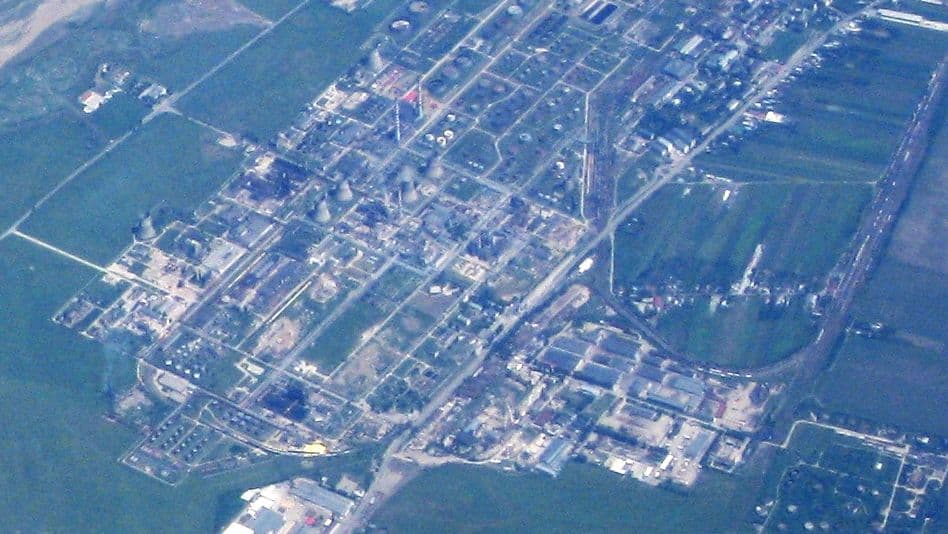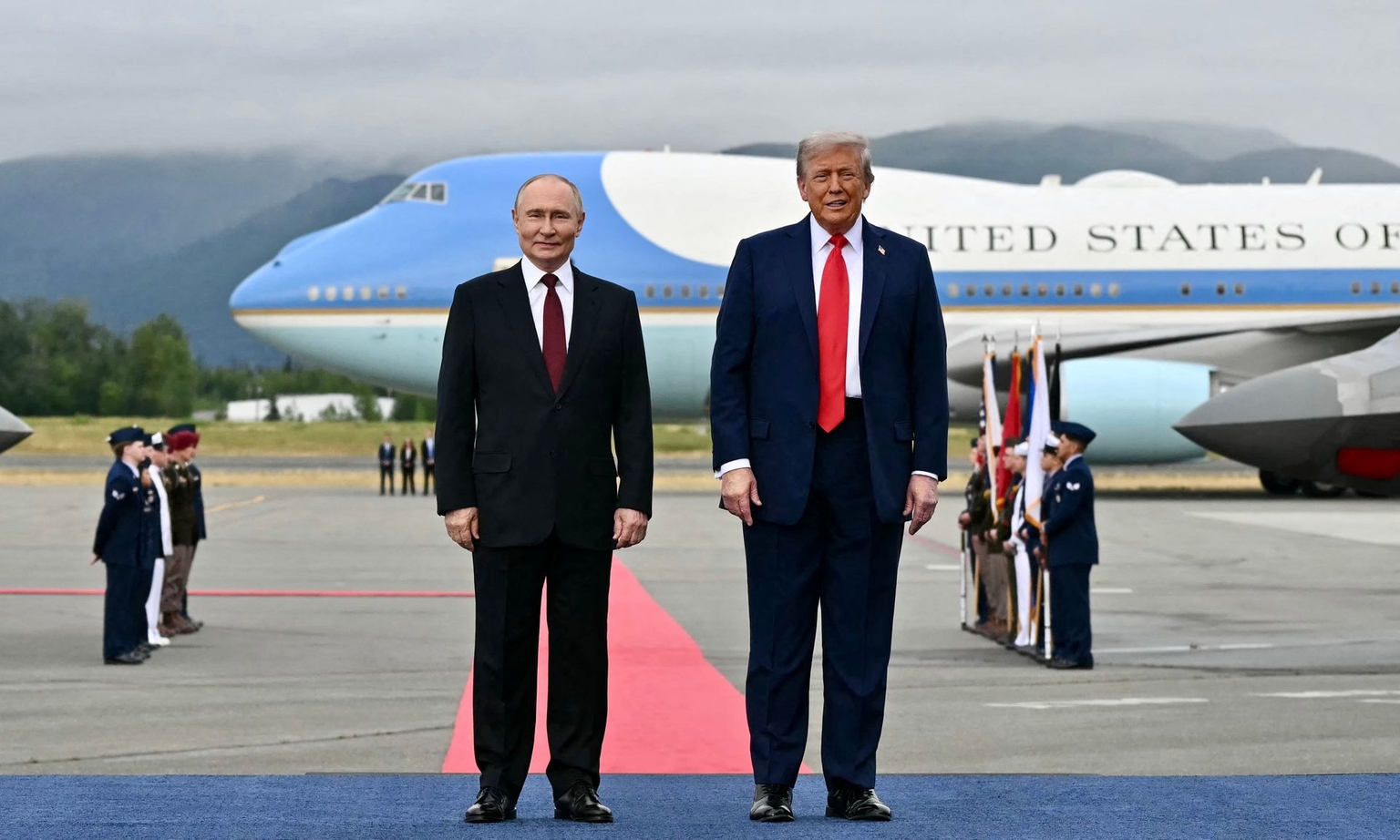Analysis: After two oil refinery blasts, Russian propaganda reports a fake one — then blames Ukraine

Aerial view of the Petrotel-Lukoil refinery, Ploiești, Romania in an undated photo. (Wikimedia)
Editor's note: This article was published as part of the Fighting Against Conspiracy and Trolls (FACT) project, an independent, non-partisan hub launched in mid-2025 under the umbrella of the EU Digital Media Observatory (EDMO). Click here to follow the latest stories from our hub on disinformation.
With Ukraine heavily reliant on Western backing, Russian disinformation is laser-focused on driving a wedge between Kyiv and its allies.
After explosions at Russian-linked refineries in Romania and Hungary, reports on Oct. 22 claimed another blaze at a Druzhba-connected refinery in Slovakia. The incidents at Romania's Lukoil refinery in Ploiesti and Hungary's Szazhalombatta plant were real. The third one was not.
Declaring that "oil refineries across Europe are burning one after another," pro-Kremlin propaganda outlets have been actively pointing a finger at Ukraine, alleging arson or a drone strike.
Tracking the narrative's spread
Reports often cited a story by an obscure English- and Russian-language website CZNews Info, which made no mention of Ukraine and added a note that the incident had not been officially confirmed.
While the Slovak oil company Slovnaft denied the fire altogether — suggesting that active field burners might have caused the confusion — the story nevertheless spread quickly.
The disinformation monitoring team at the LetsData company said the narrative was widely disseminated by malign pro-Russian actors, who framed it into the context of "a larger narrative blaming Ukraine for sabotage."
The actual explosions in Hungary and Romania were then used to support the claim.
The narrative circulated primarily on Facebook and among Czech-language accounts, but was also present on other platforms, namely Telegram and X, and appeared in English, Slovak, and Russian, LetsData said.
Some Ukrainian media publications picked up a version that omitted Ukrainian involvement.
The story also seeped into the English-language social media space on X via several high-profile accounts.
LetsData's analysis confirms that the fake news about the "fire" was disseminated to a certain extent also by non-malign actors.
Ukraine blame game
Russian sources discussed the refinery fires — the real and the fabricated ones — in the context of Ukrainian strikes against Russian facilities linked to the Druzhba pipeline.
Hungary and Slovakia are the only EU countries still receiving oil via the Russian pipeline, which Kyiv says helps fund Moscow's war efforts.
Some Russian propagandists pointed out that the same week, Polish Foreign Minister Radoslaw Sikorski — in a public spat with his Hungarian counterpart — voiced hope that Ukrainian drone forces would knock out the Druzhba pipeline.
Kirill Dmitriev, Russia's top envoy dealing with the U.S., instead linked the incident to a now-canceled summit between U.S. President Donald Trump and Russian President Vladimir Putin in Budapest.
"Hungary under attack for working on a peace summit?" Dmitriev wrote on X.
While the incident at the Danube facility fire is still under investigation, its owner, Mol, said there was no evidence of foul play.
This is not the first time Moscow has hinted at deliberate attempts to disrupt U.S.-Russia relations.

Russian propaganda networks became similarly active ahead of the first summit between Trump and Putin in Alaska in August, accusing Ukraine of planning "provocations" to disrupt the talks.
While flying its own drones and aircraft into NATO airspace, Moscow has been accusing Ukraine of plotting subversive activities and false flag operations on European soil.
Kyiv has dismissed such accusations, warning against Russia's attempt to sow distrust between Ukraine and EU countries, and weaken its international support.
"The main goal is to test NATO's reaction, sow fear in European societies, and reduce support for Ukraine," Alina Alieksieieva, deputy head of Ukraine’s government-led Center for Countering Disinformation, told the Kyiv Independent in September.
Note from the author:
Hi, this is Martin, the author of this article.
Our team is committed to countering disinformation with accurate, fact-based reporting. We believe that access to truth should be available to all — that's why we don't use a paywall.
If you want to support our work, please consider joining our community.










